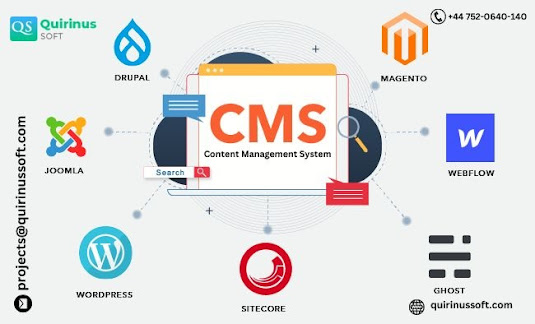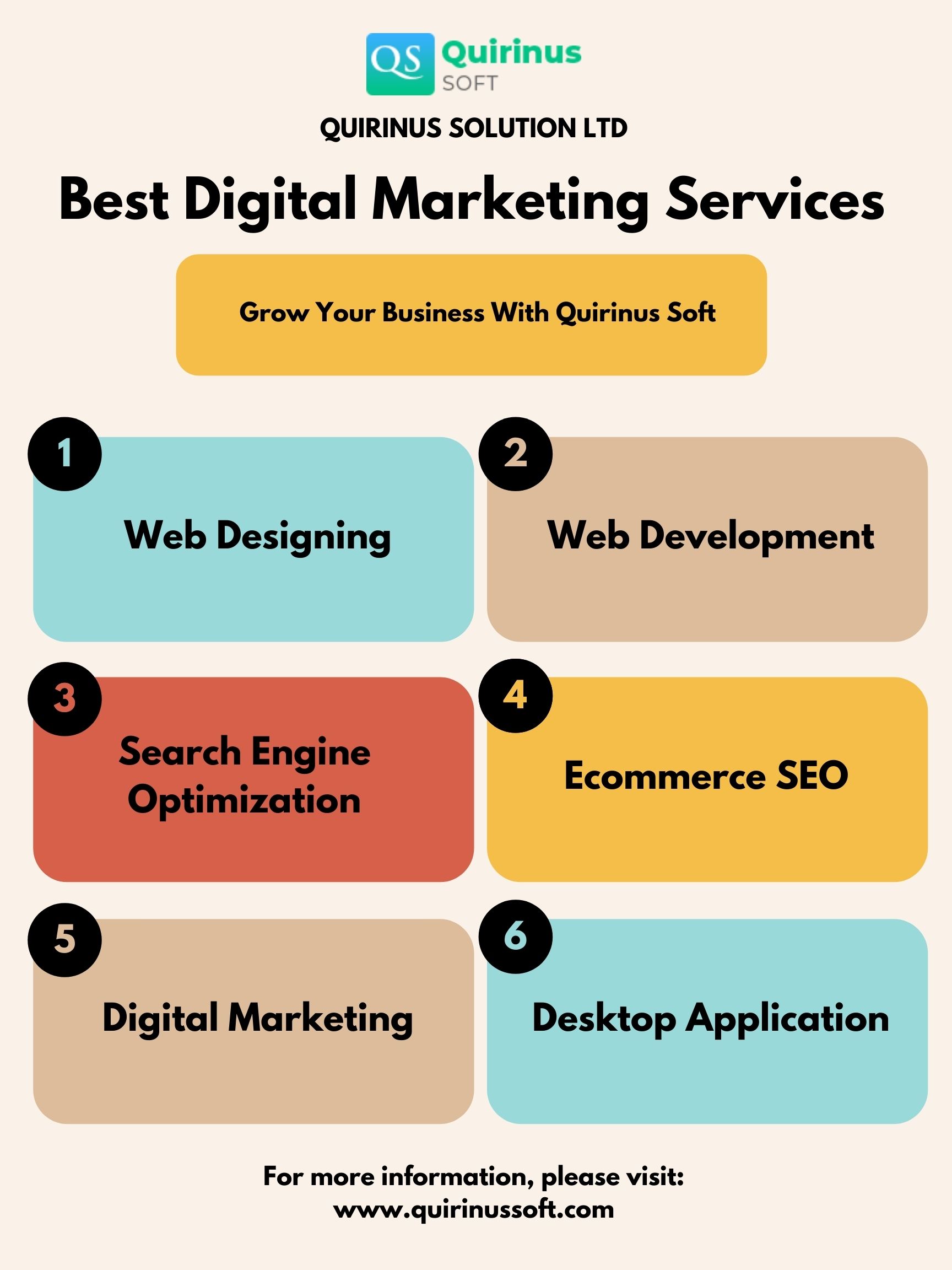Everything You Need to Know About CMS Platforms
A Content Management System (CMS) is a software application that permits users to create, manage, and publish digital content, typically for websites. CMS platforms are popular among businesses and individuals who need to manage large amounts of content, as the Content Marketing services provide a centralized location for content creation and storage, along with tools for organizing and sharing that content. There are many different CMS platforms available, each with its own features and benefits. Some of the most popular CMS platforms include Drupal, WordPress, and Joomla. In this article, we’ll take a closer look at CMS platforms and what you need to know about them.
What is a CMS platform?
A CMS platform is a software application that allows users to create, manage, and publish digital content. This typically provide a user-friendly interface that allows users to create and edit content without needing to know HTML, CSS, or other web development languages.
CMS platforms are designed to be flexible and customizable, allowing users to create a variety of content types, including text, images, videos, and more. They also typically include tools for organizing and categorizing content, making it easy to find and share.
Advantages of CMS platforms
Ease of use: CMS platforms typically provide a user-friendly interface that makes it easy for users to create, edit, and publish content without needing to know complex web development languages.
Customization: CMS platforms are highly customizable, allowing users to create a wide range of content types and designs.
Centralized management: CMS platforms provide a centralized location for content creation and storage, making it easy to manage large amounts of content.
Collaboration: Many CMS platforms include collaboration tools that allow multiple users to work on content simultaneously.
SEO: CMS platforms are designed to be search engine friendly, making it easier for your content to be discovered by search engines.
Disadvantages of CMS platforms
Complexity: Some CMS platforms can be complex to set up and configure, requiring technical expertise.
Cost: While many platforms are free or low-cost, some may require a significant investment in order to use all of their features.
Security: These platforms can be vulnerable to security threats if not properly configured and maintained.
Choosing the right CMS platform
Your content needs: Consider the types of content you will be creating and managing, as well as any specific features you may need, such as e-commerce functionality.
Ease of use: Look for a CMS platform that is user-friendly and easy to learn.
Customization: Consider the level of customization you will need, as well as the platform’s ability to integrate with other tools and platforms.
Scalability: Should see the platform’s ability to grow and scale with your business needs.
Support and community: Look for a CMS platform with a strong support network and active community, as this can be invaluable for troubleshooting and getting help when you need it.
FAQs
Are there any costs associated with using a CMS platform?
While many CMS platforms are free or low-cost, some may require a significant investment to use all of their features.




Comments
Post a Comment